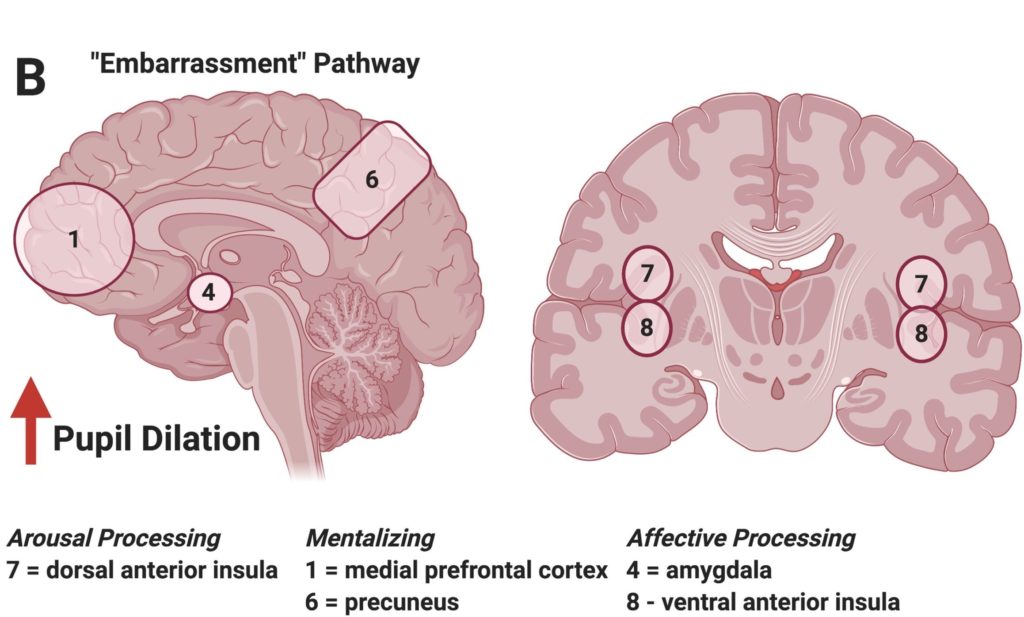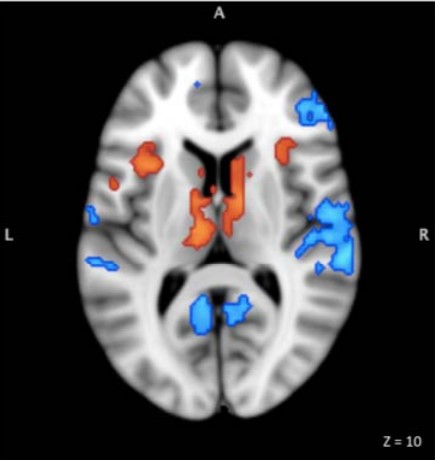The neuroscience of social feelings: mechanisms of adaptive social functioning
Abstract Social feelings have conceptual and empirical connections with affect and emotion. In this review, we discuss how they relate to cognition, emotion, behavior and well-being. We examne the functional neuroanatomy and neurobiology of social feelings and their role in adaptive social functioning. Existing neuroscience literature is reviewed to identify concepts, methods and challenges that […]
The neuroscience of social feelings: mechanisms of adaptive social functioning Read More »







